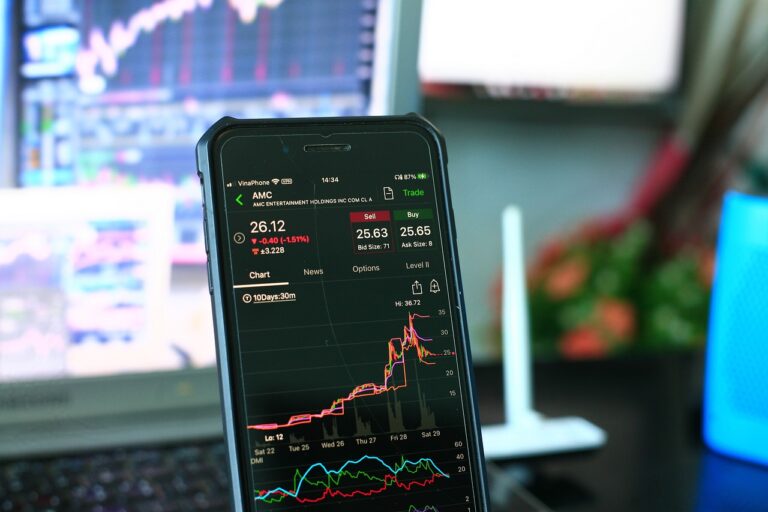The Evolution of Influencer Marketing: Micro-Influencers and Niche Audiences
In recent years, the marketing landscape has witnessed a significant shift towards the utilization of micro-influencers in branding strategies. These individuals, with smaller yet highly engaged followers, have proven to be effective in fostering authentic connections with audiences. Brands are increasingly recognizing the value of these influencers in reaching niche markets and driving organic engagement.
Unlike traditional influencers with millions of followers, micro-influencers offer a more personalized approach to brand promotion. Their ability to connect on a more intimate level with their followers results in higher levels of trust and credibility. This authenticity is a key factor in why micro-influencers are becoming a popular choice for brands looking to enhance their marketing campaigns and establish a more relatable brand image.
• Micro-influencers have smaller but highly engaged followers
• They foster authentic connections with audiences
• Brands are recognizing their value in reaching niche markets and driving organic engagement
Unlike traditional influencers, micro-influencers offer a more personalized approach to brand promotion. Their intimate connection with followers builds trust and credibility, making them a popular choice for brands looking to enhance marketing campaigns. This authenticity helps establish a relatable brand image that resonates with consumers on a deeper level.
The Impact of Niche Audiences on Influencer Marketing Strategies
Influencer marketing has evolved significantly over the years, with brands now recognizing the power of niche audiences. Instead of targeting a broad demographic, many companies are focusing on micro-influencers who have smaller but highly engaged follower bases within specific interest areas. By honing in on these niche audiences, brands can create more authentic and relatable content that resonates with consumers on a deeper level.
This shift towards niche audiences has forced marketers to rethink their influencer marketing strategies. Rather than seeking out influencers with the largest following, brands are now looking for individuals who have a strong connection with a specific community or interest group. This targeted approach allows for more precise targeting and higher engagement rates, ultimately leading to more impactful campaigns for brands.
How Micro-Influencers Are Changing the Game for Brands
Micro-influencers have become the new darlings of the marketing world, offering a more authentic and genuine approach to brand promotion. With smaller but highly engaged audiences, these influencers are able to create more personal connections with their followers, resulting in higher levels of trust and credibility. This translates to a higher ROI for brands looking to tap into niche markets and specific demographics that may have previously been out of reach.
Moreover, micro-influencers are proving to be more cost-effective for brands, as they often charge lower fees compared to macro-influencers. This affordability allows brands to work with multiple influencers simultaneously, creating a wider reach and generating more diverse content. In addition, the flexible nature of micro-influencer collaborations enables brands to experiment with different strategies and messages, tailoring their campaigns to the specific needs and preferences of their target audience.
What are micro-influencers?
Micro-influencers are individuals who have a smaller but highly engaged social media following, typically between 1,000 to 100,000 followers.
Why are brands turning to micro-influencers in their marketing campaigns?
Brands are turning to micro-influencers because they offer a more niche and targeted audience, higher engagement rates, and often a more authentic connection with their followers.
How do micro-influencers impact influencer marketing strategies?
Micro-influencers allow brands to reach specific niche audiences that may be harder to target with larger influencers. They also tend to have higher engagement rates and can be more cost-effective for brands.
How are micro-influencers changing the game for brands?
Micro-influencers are changing the game for brands by providing a more authentic and personal touch to their marketing campaigns. They are able to connect with their followers on a deeper level and drive more genuine interactions with the brand.







